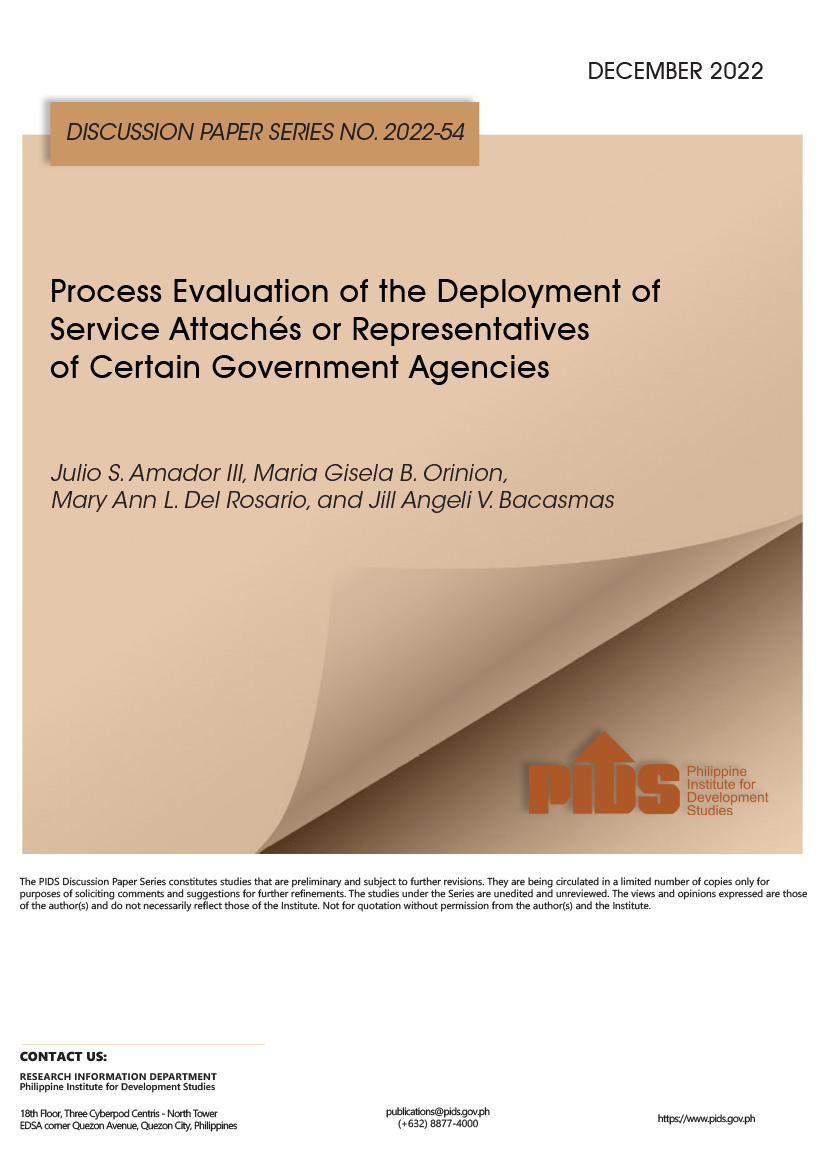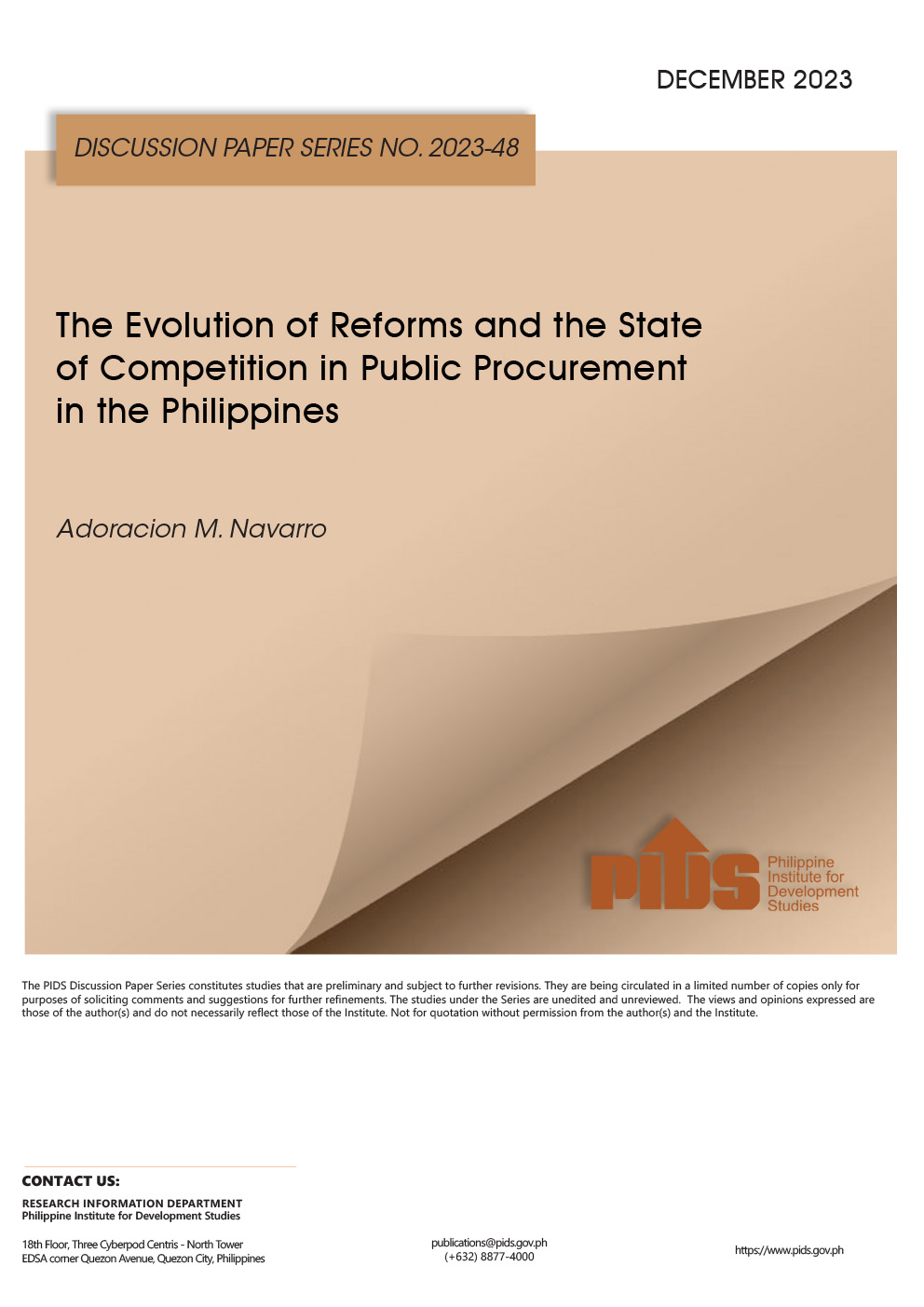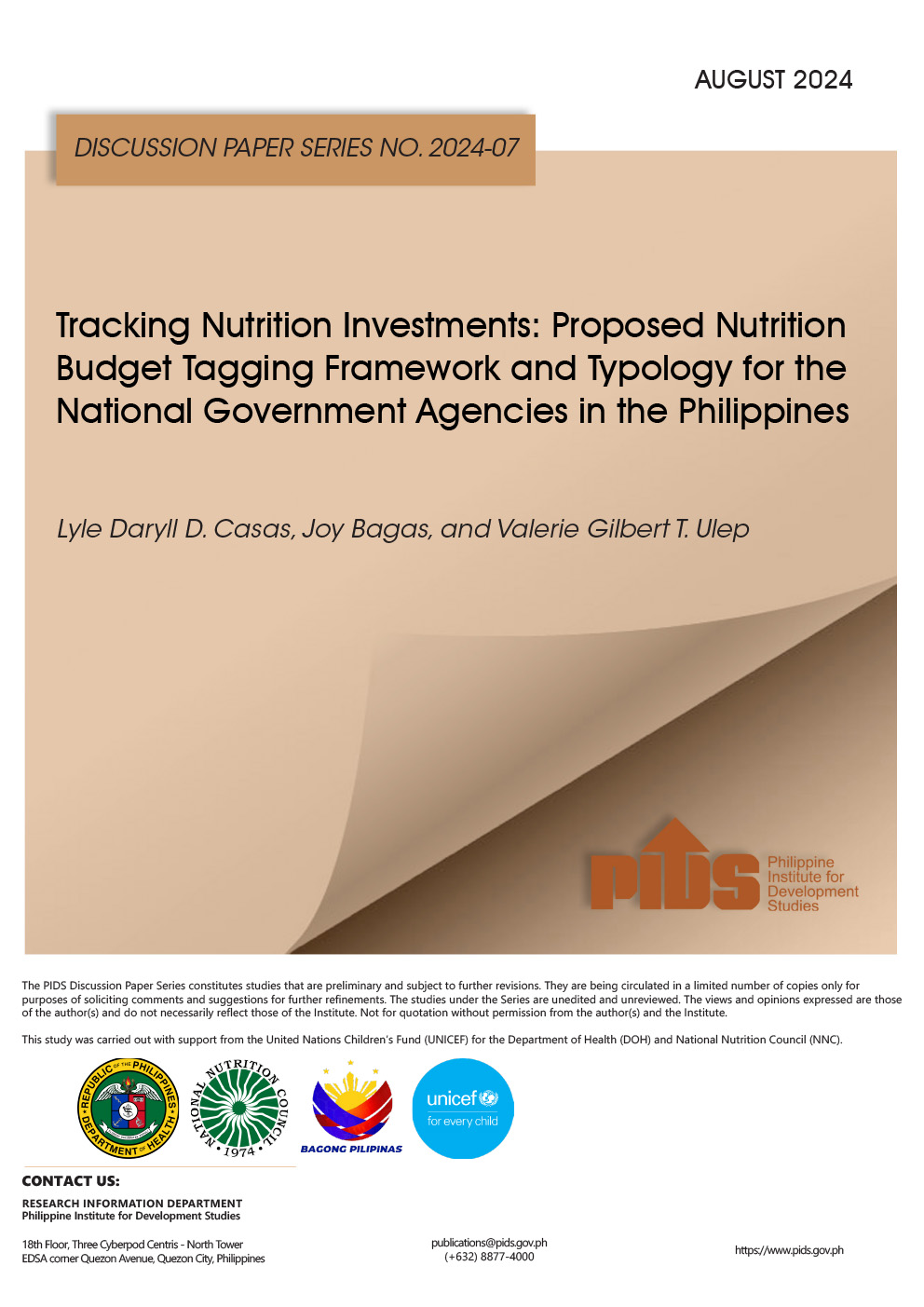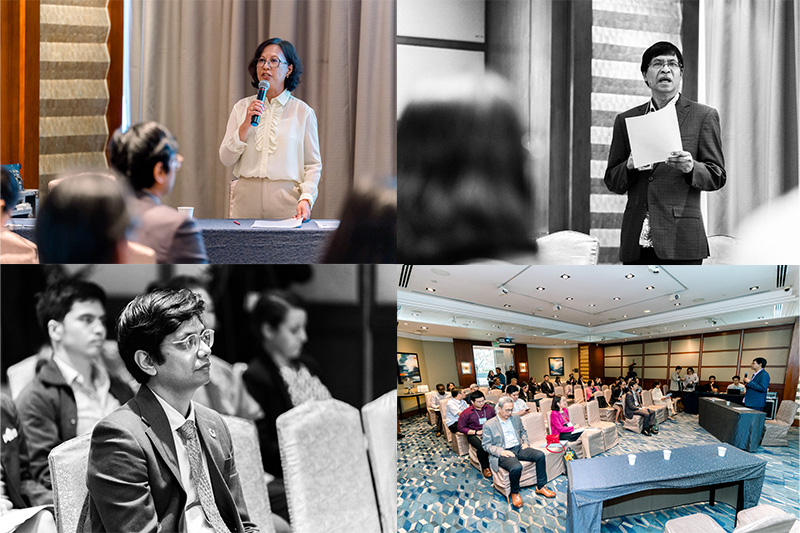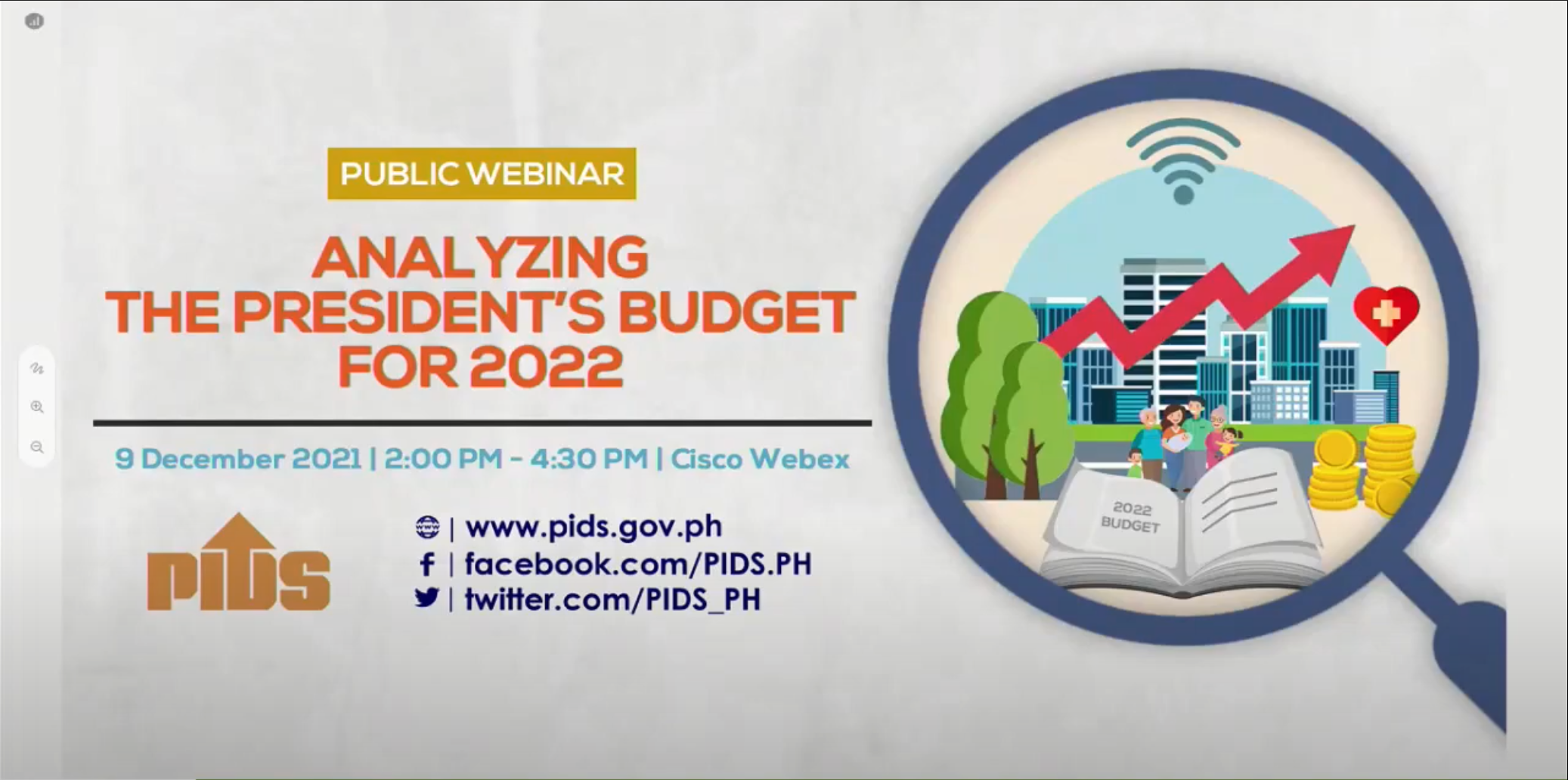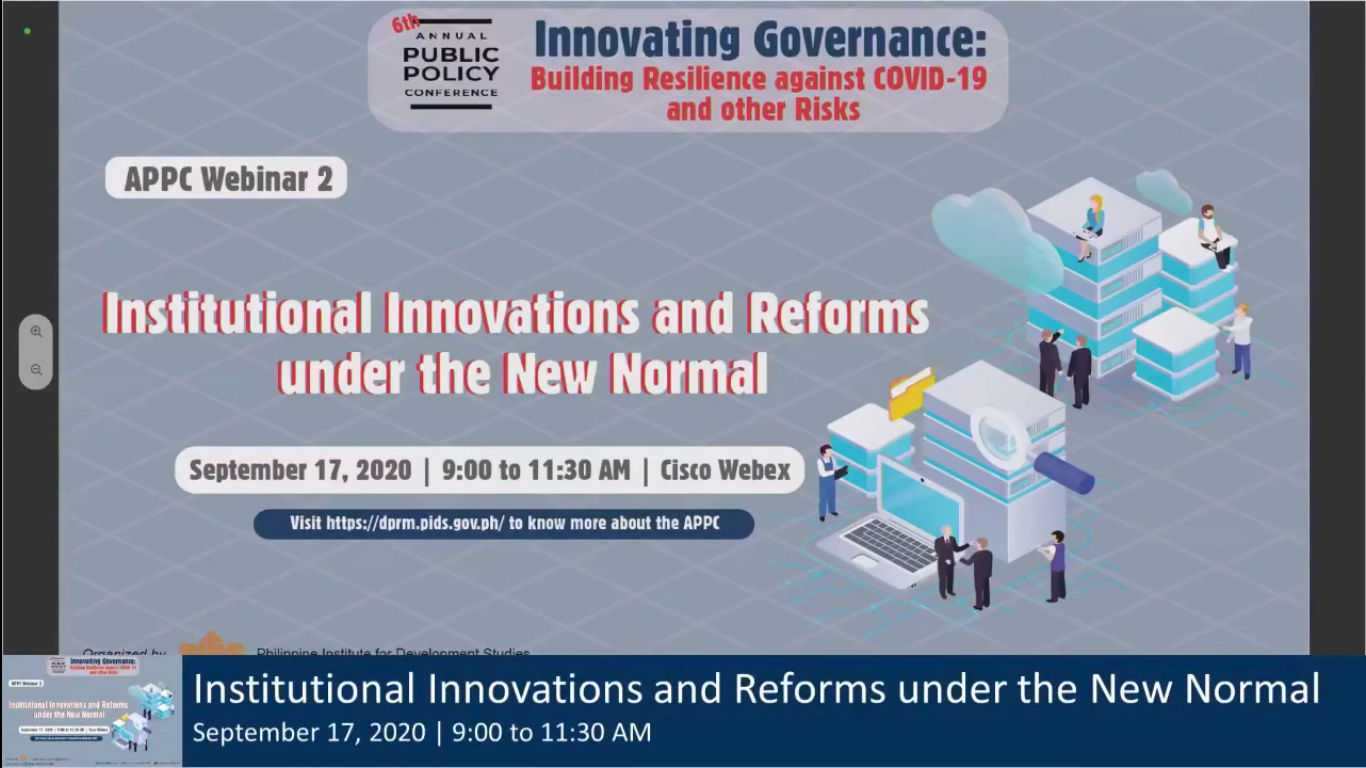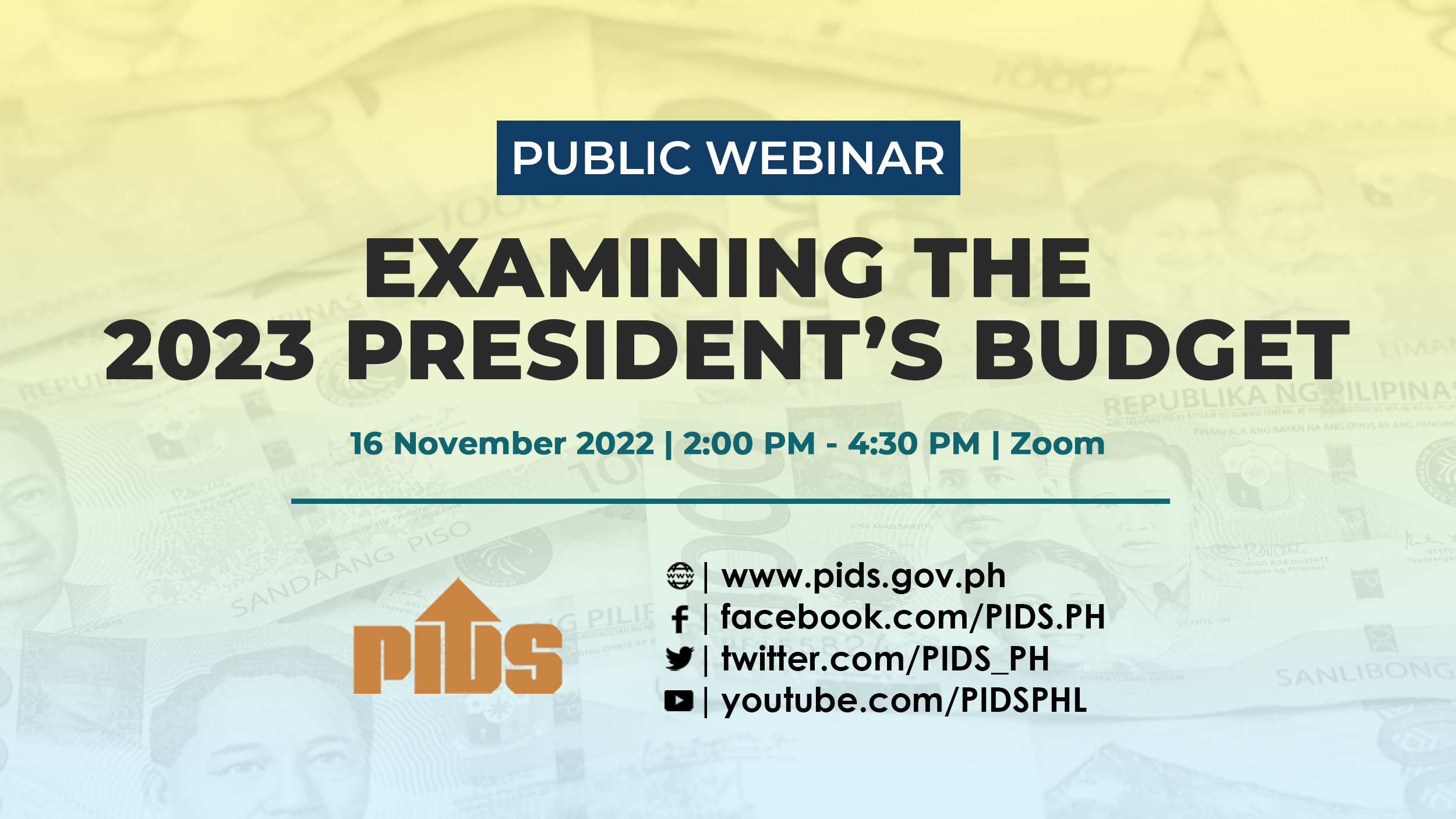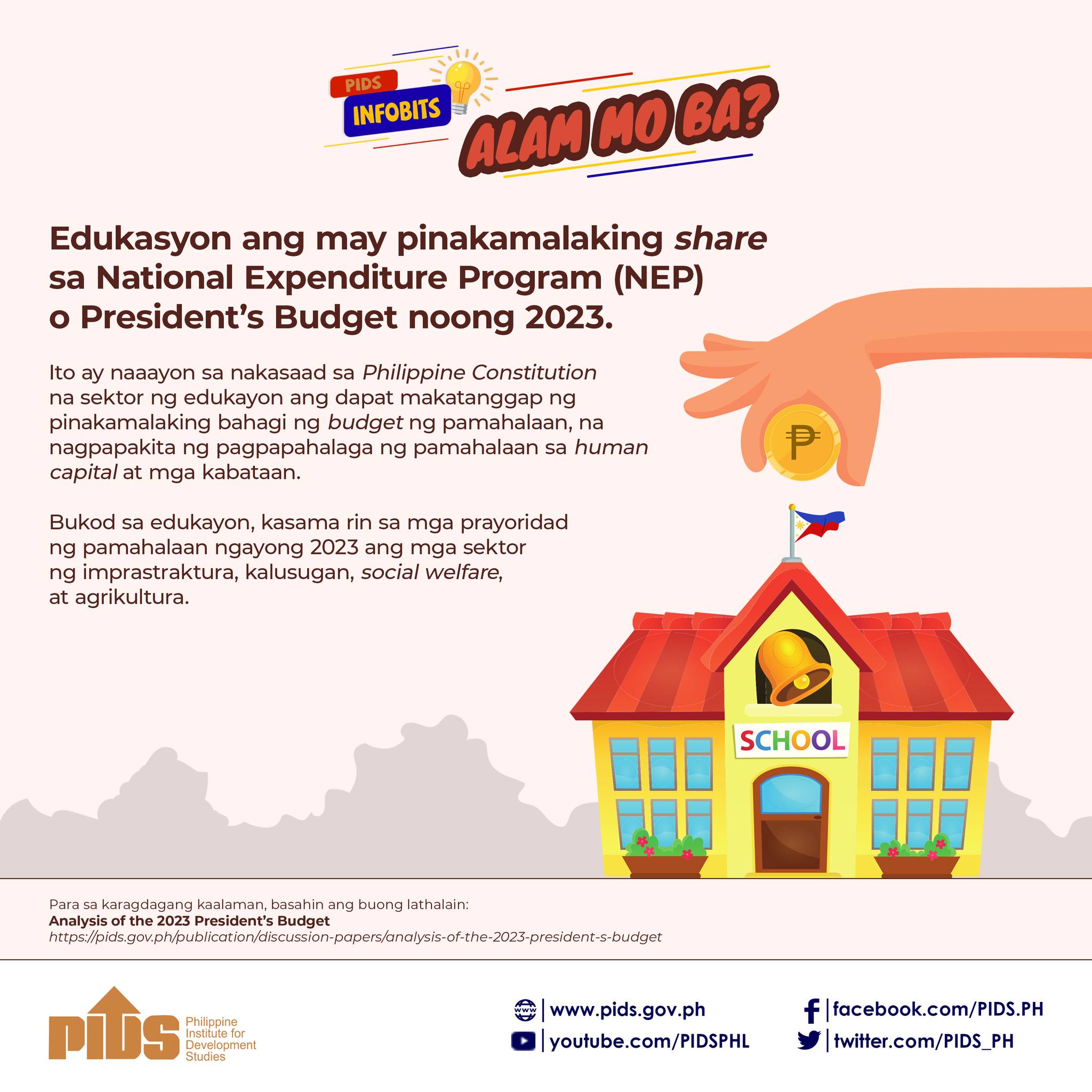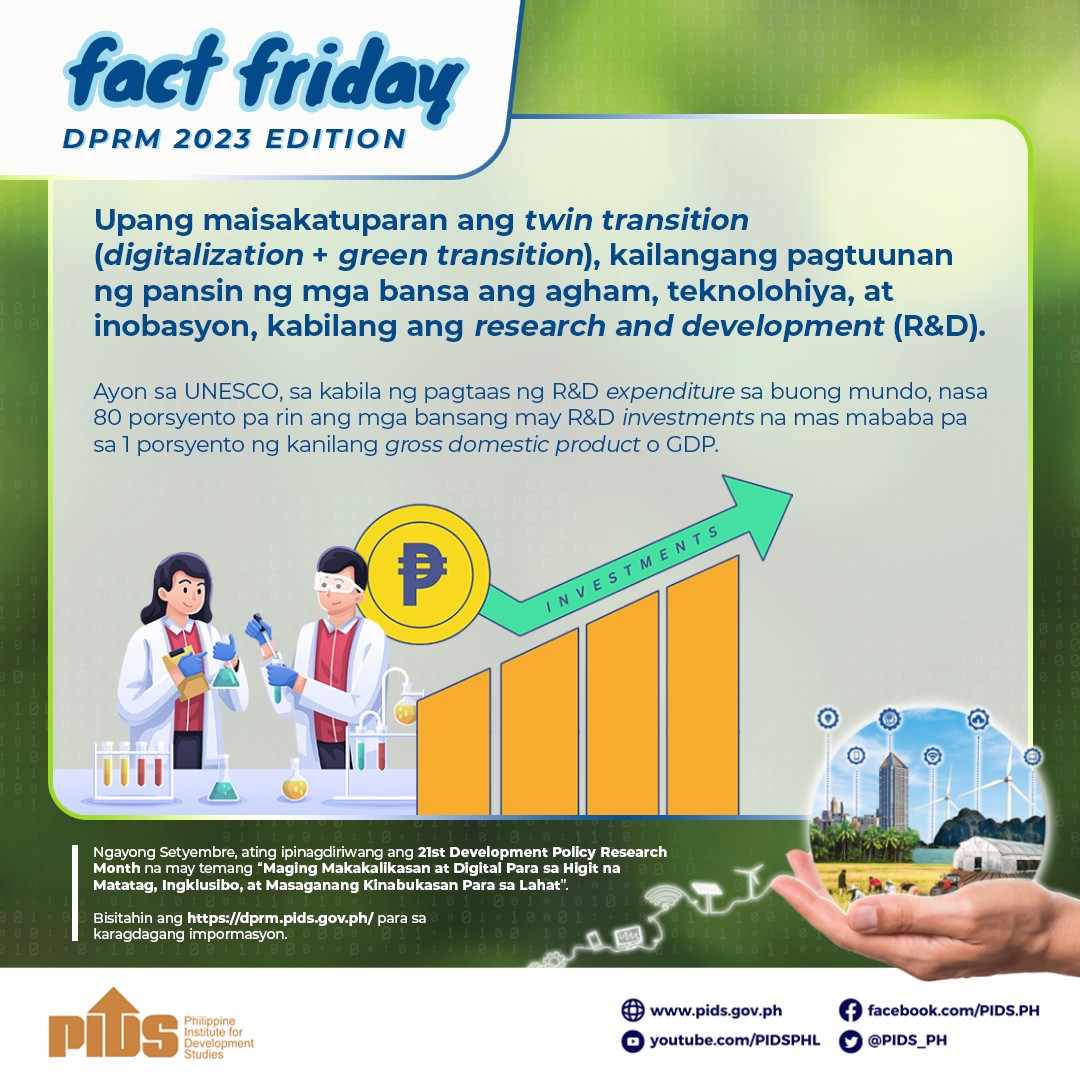The 2016 budget is up by 8% to P7.06 billion, led by a P2 billion proposed funding for the Public-Private Partnership Center.
The 2016 proposed National Economic and Development Authority (NEDA) budget aims to sustain the reforms momentum heading into the election year.
NEDA and its attached agencies identified outputs and activities that will entail a total budget of P7.06 billion ($151.8 million), up 8% from the last year’s budget of P6.5 billion ($139.8 million).
"In an election period and transition into a new administration, we need to preserve and sustain the gains achieved so far by ensuring macroeconomic stability, enriching the reforms we have started, and sharpening strategies for inclusive growth as we begin to prepare the successor development plans and investment programs,” NEDA said in its presentation.
NEDA priorities for 2016 include:
- Advocating the adoption of a long-term vision as basis for formulation of "¨medium-term development plans and programs until 2040. NEDA noted it is already halfway through creating the overall vision
- Advocating the National Physical and Framework Plan for 2016-2030
- Finalizing the Regional Spatial Development Framework as inputs to "¨the preparation of successor Regional development Plans
- Coordinating the formulation of the successor Public Investment Programs and Regional Development Investment Programs, as well as "¨the the 3-year Rolling Infrastructure Program
- Shepherding through the inclusion of projects for approval by the Investment Coordination Committee (ICC), which is headed by the Secretary of Finance
- Conducting impact assessment studies crucial for sharpening the choice of "¨policies and programs in relation to desired outcomes
- Conducting Monitoring and Evaluation (M&E) studies on key government expenditures, especially "¨those involving large investment with intended social benefits "¨
- Conducting M&E of post-disaster recovery and rehabilitation measures as may be necessary "¨
- Developing, operating, maintaining an information system for lessons learned in project implementation to feed into the planning and evaluation of proposed projects, especially those that entail large investment
The budget is broken down as follows:
- Philippine Institute for development Studies (PIDS): P73.672 million ($1.585 million), up by "¨0.67%
- Philippine National Volunteer Service Coordinating Agency (PNVSCA): P22.609 million ($486,492), up by 18.18%
- Philippine Statistics Authority (PSA): P3.416 billion ($73.49 million), down by 32.19%
- NEDA Secretariat, including central and regional offices: P1.333 billion ($28.69 million), up by 13.37%
- Philippine Statistical Research and Training Institute (PSRTI): P22.147 million ($476.551), down by 23.18%
- Public-Private Partnership Center (PPP Center): P2.126 billion ($45.73 million), up by 2,222.4%
- Tariff Commission: P 61.688 million ($1.327 million), up by 8.53%
NEDA is composed of the NEDA Board and the NEDA Secretariat.
The NEDA Board is the highest policy-making and coordinating body of the Executive Branch. It is headed by the country's President and composed of different Cabinet secretaries. The Board formulates socioeconomic policies and approves public investment programs and Official Development Assistance (ODA) from foreign governments and development agencies.
The NEDA Secretariat serves as its research and technical arm. It conducts studies and develops policy measures and other recommendations on the various aspects of development planning and policy formulation, investment programming.
Most of NEDA's units registered increase in their budgets from the previous year’s, except for the PSA and PSRTI. "¨
Highest increase
The increases in NEDA's budget was led by the public-private partnership center or PPP Center whose budget year has shot up by 2,222.4% and P 2.034 billion ($43.78 million) from its 2015 funding of P91.54 million ($1.97 million).
NEDA said the bulk of the increase is attributed to the P2-billion ($43.03 million) budget for the Project Development and Monitoring Facility (PDMF). It aims to fund the increased push for PPP projects, as the government aims to rollout as many possible before the Aquino administration steps down. (READ: How public-private partnerships work in infra projects)
PDMF is a revolving fund that is used to help agencies design PPP projects and can also be used to employ transaction advisers that are a key to designing PPPs.
It was funded by the Philippine and Australian governments, under the capacity-building technical assistance project from the Asian Development Bank and the Canadian government.
Achievements
NEDA also shared to the Senate its key achievements from last year.
These include launching the Accelerated and Sustainable Anti-Poverty Program (ASAP) to ensure that poverty reduction programs are focused, well-targeted, and coordinated.
NEDA also led the Asia-Pacific Economic Cooperation (APEC) structural reform agenda through the recently concluded APEC Structural Reform Ministerial Meeting in Cebu. (READ: APEC Minsiters unveil new plan for sustainable, inclusive growth)
Twelve projects were also approved by the ICC and were confirmed by the NEDA Board. It also facilitated 6 high- level bilateral consultations.
The development agency also implemented the Strategic Performance Management System.//

